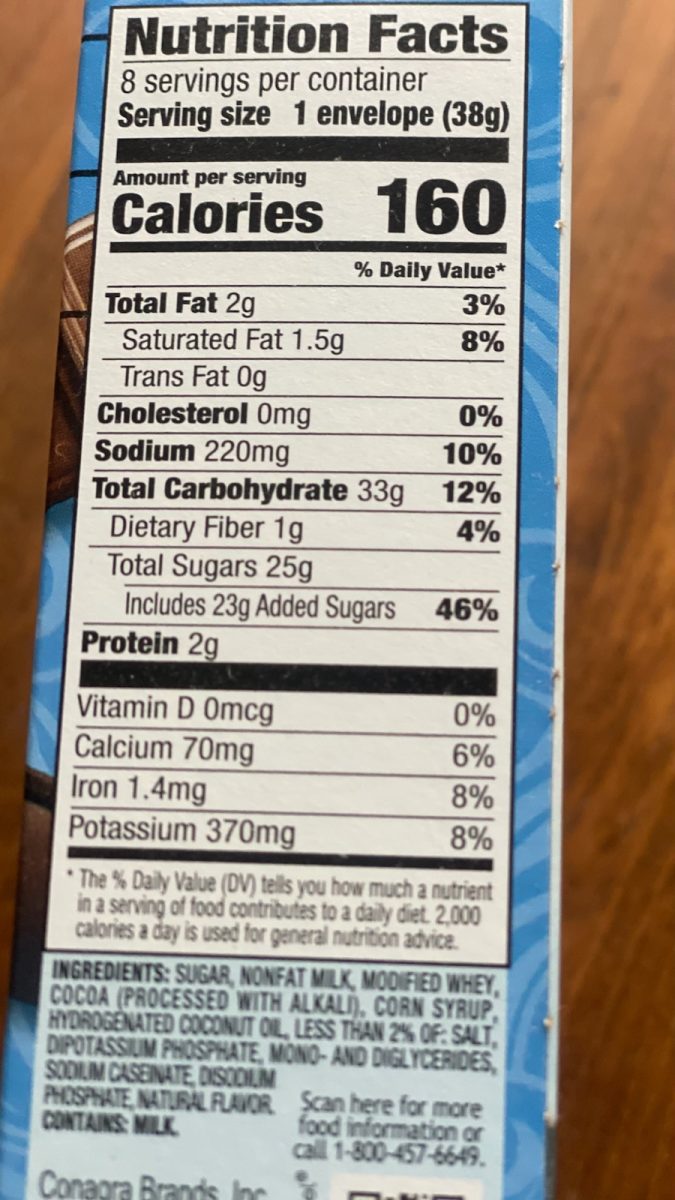A lot of consumers don’t check the nutrition labels on the foods they consume. However, it is common knowledge that what is put in our foods could potentially hurt us. Consider artificial dyes, artificial sweeteners, and seed oils.
Artificial dyes (such as red 40)
If you ever read a simple can of Kool Aid or processed juices nutrition facts label, you probably saw Red 40, Yellow 5, Blue 1, Red 6 on the nutrition label. It has been known by some that Red 40 can be linked to “worsened behavior in children with ADHD and ADD.” Not only has research shown “that it is linked to certain ADHD and ADD symptoms,” but Red 40 may contribute to other neurobehavioral effects in children.
Red 40 is commonly found in ultra processed foods or what many would call junk foods. Red 40 can also be found in cosmetics, shampoo, and creams.
Red 40 is a red pigmented hue. It is a synthetic food dye derived from petroleum and or cochineal (an insect 0.2 inches long that contains carminc acid which can be made into the well known red dye). Red 40 also contains Benzene, a known cancer- causing (carcinogenic) chemical.
Some researchers have found tumor growth in animals that consumed red 40 dye everyday. Though it can be hard to translate what this means for humans, if there is a cancer risk in your family, you should be more vigilant in avoiding artficial dyes. Red 40 mainly causes cancer in the colon or rectum.
Let’s look on the bright side, there are safer alternatives from which we can extract dye:
- Beet juice
- Strawberries
- Cherries
- Cranberries
- Beta-carotene
- Beet powder
These alter serve as healthy and authentic natural pigments for your food.
Artificial Sweeteners
One of the most worst culprits in artificial sweeteners is Sucralose (found in Splenda and Saccharin and Sweet ‘N 2” and much more ultra-processed foods such as; gum, gelatins, puddings, frozen desserts, candies). You’ve probably also seen foods with the descriptions low sugar, reduced sugar, or zero sugar. These ultra processed foods that use these descriptions can cause many health complications. According to research, consuming artificial sweeteners may include things like weight gain, poor blood sugar control, and an unhealthy gut.
Alternatives to these artificial sweeteners include the following:
- Organic raw traced Honey
- Organic raw traced Maple syrup
- Yacón syrup (“extracted from the tuberous roots of the Yacón plant in South America”)
Seed Oils
The main invention of mechanical oil presses during the 1700’s and 1800’s led to the high demand for seed oils which led to the increased production of seed oils. Cottonseed oil was a very popular alternative to traditional machine lubricants, such as whale oil, which was very expensive in the 1700’s-1800’s .
Today seed oils are in our food.
“In the past century, dietary patterns shifted dramatically with a decline in animal fat consumption and a rise in the popularity of vegetable oils and processed fats. This change began during the Industrial revolution making a significant turning point”.
“By the 1900’s seed oils accounted for 1% of added fats in the American diet, by the end of the century they constituted approximately 85%”. This shift was brought by Procter and Gambles’ wide discovery “that cottonseed oil could be hydrogenated to mimic the texture of lard (an animal fat from the abdomen of a pig, that can be used for cooking).
Seed oils like rapeseed oil (Canola oil), soybean oil, and other seed oils require deodorizing, and immense refining processes. Followed by that seed oils are packaged with plastic and preservatives.
Seed oils overall can contribute to inflammation, obesity, heart disease. Omega 6, very abundant in seed oils, may cause an imbalance with Omega 3 fatty acids in turn causing inflammation in our bodies.
Alternatives to seed oils include the following-
- Organic traced extra virgin olive oil (stored in glass)
- Organic traced Advocado oil (stored in glass)
- Ghee
- Tallow
- Organic traced coconut oil (stored in glass)
The time has come, after careful consideration that we quit and put a stop to these chemicals and oils in our food that make us all sick.
Sources:
The Hidden Dangers of Artificial Sweeteners – Kavita Rao M.D.
https://www.goodrx.com/well-being/diet-nutrition/artificial-sweeteners

